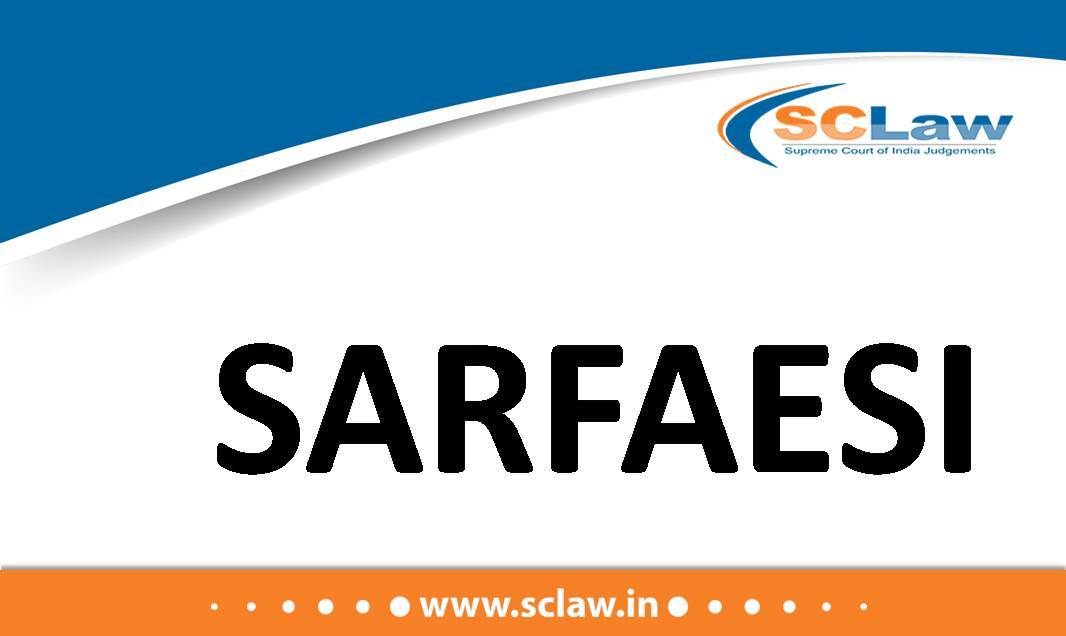Calcutta Thika Tenancy Act, 1949 HELD a. that the structure in question was a pucca structure; and b. that the Act of 1981 was not operative in relation to the property in question because of the stay order passed by the High Court.
SUPREME COURT OF INDIA DIVISON BENCH NEMAI CHANDRA KUMAR (D) THR. LRS. AND OTHERS — Appellant Vs. MANI SQUARE LIMITED. AND OTHERS — Respondent ( Before : A.M. Khanwilkar and…







